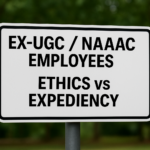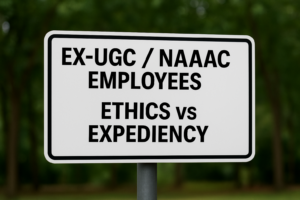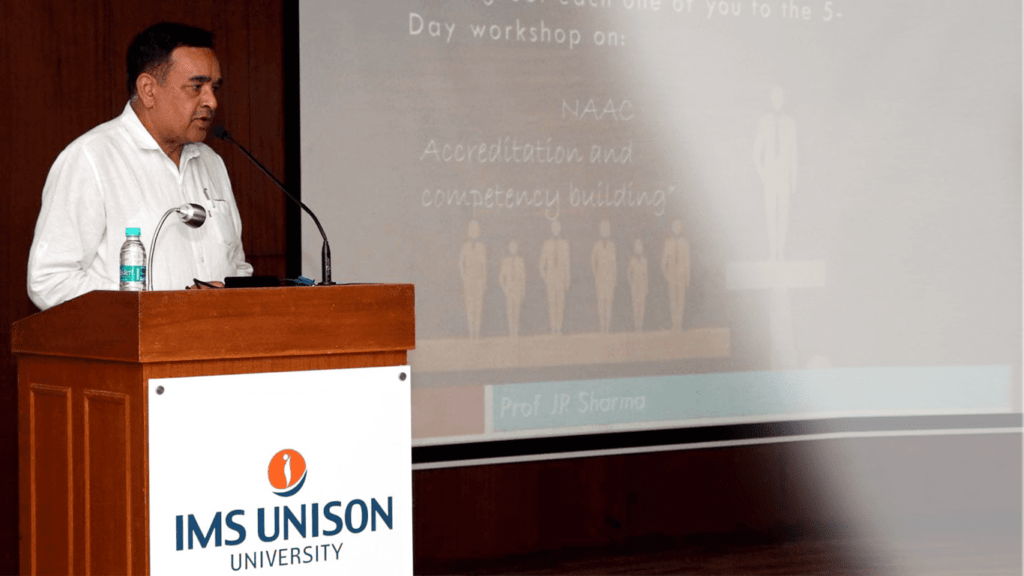Some institutes of higher education feel that they can perhaps get away by ignoring AICTE, UGC and other relevant Councils’ regulations and norms for whatever time they can, and take short-term advantage of such an expediency. This philosophy is certainly unlawful and unethical, though a savior at times and possibly profitable on short-term basis. It holds the potential to damage institute’s credentials seriously, as well as jeopardize careers of thousands of affected students. It is also not without collateral damages. For example on 03 Nov 2017 all ‘Deemed to be Universities’ were asked not to use the word ‘Deemed to be Universities’ with their names. These institutes were also asked by the Hon’ble Supreme Court to get their technical courses approved by the AICTE which was not the case, earlier.
Just recently, AICTE had put up a notice on some ‘Deemed to be Universities’ who admitted students, disobeying Hon’ble Supreme Court’s directions dated 03 Nov 2017. The students were confused and many ended up withdrawing admissions after the notice. Similarly, some ‘Off Campuses’ are under the scanner of the UGC for not meeting the minimum laid down standards, desired of them.
The policy of graded autonomy is a good idea for the Indian education, at least for the time being, and should be protected. The criteria for granting graded autonomy however, requires a definite revision. An average of NIRF, NAAC and NBA grading, based on their respective weightage for the universities and colleges is one such thought. It however requires stakeholders’ inputs and feedback.
A yet more serious problem with the system is the annual approval of affiliated colleges based on self-signed affidavit on the minimum standards maintained by an institute. Unless standards are verified, unethical practices shall continue to bedevil the system of education. How fair is for an education institute to teach ethics and values to its students if its own standards have been fudged and misrepresented to the Regulatory Councils to seek annual approvals, year on year? A lot of ground needs to be covered by the Regulatory authorities to stem the rot. It is equally essential for the government and autonomous bodies to ensure that they formulate such policies which are implementable.
Prof JR Sharma is an expert in accreditation and global best practices in engineering and management. The views expressed are personal.












